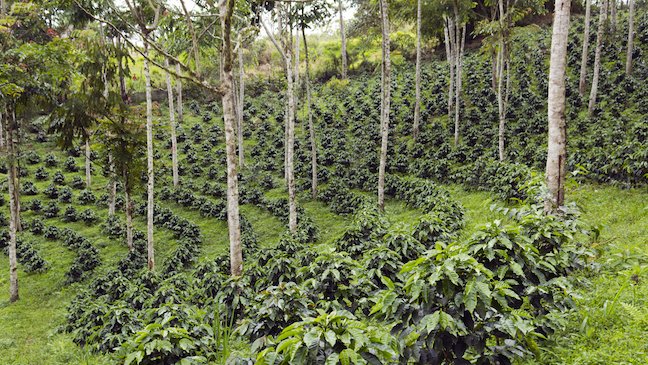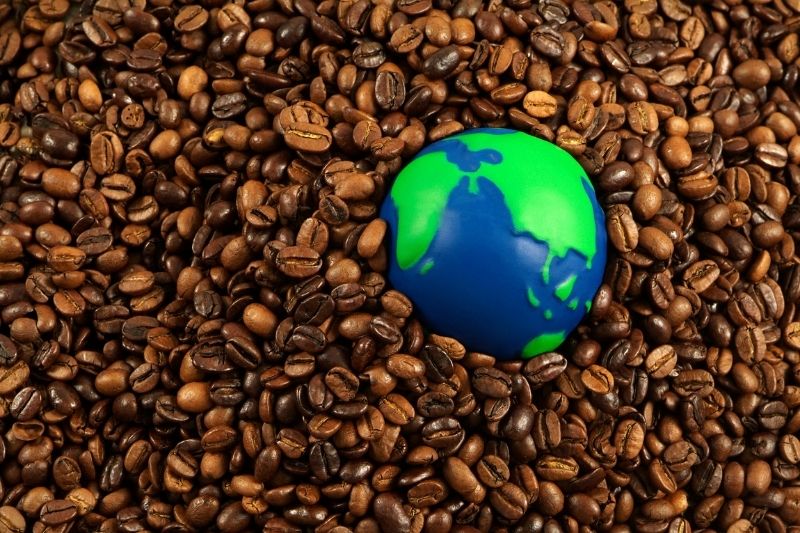Coffee, one of the world’s favorite beverages, brings joy to millions each day. But did you know that its production can have a significant environmental impact? Traditional coffee farming practices often contribute to deforestation, soil erosion, and water pollution. However, there’s a brighter brew on the horizon: eco-friendly coffee farming.
Eco-friendly coffee farming is all about cultivating coffee in a way that’s gentle on the planet. Rather than clearing large swathes of forests, eco-friendly farmers grow coffee under the canopy of tall, well-established trees. This practice, known as shade-grown coffee farming, helps protect wildlife habitats by preserving the natural environment. It also contributes to healthier soil by preventing erosion and maintaining nutrient levels.
In eco-friendly coffee farming, the use of harsh chemicals is avoided. Instead, farmers employ natural pest control methods. For example, ladybugs and birds act as natural predators to harmful insects, reducing the need for synthetic pesticides. This approach not only keeps the coffee plants healthy but also supports a balanced ecosystem.
One of the standout benefits of sustainable coffee farming is its positive impact on biodiversity. By incorporating shade trees and other vegetation into their practices, sustainable coffee farms create diverse ecosystems that support a wide range of plant and animal life. It’s not just about growing coffee; it’s about creating thriving habitats for all creatures.
But that’s not all—sustainable coffee farming also prioritizes soil health. Through techniques like composting and cover cropping, farmers improve soil quality, reduce erosion, and increase water retention. This makes the soil useful for years to come, whether it’s being used to grow coffee beans, new trees, or another form of crop. It’s like giving the soil a big, nourishing, lifelong hug.
Additionally, eco-friendly coffee farming helps conserve water, a critical resource. By using efficient irrigation methods like drip irrigation and harvesting rainwater, farmers can significantly reduce water usage. This not only helps in areas facing water scarcity but also ensures that local water sources remain unpolluted and available for community use.
Water conservation is another great benefit of eco-friendly coffee farming. Coffee production requires a lot of water, but sustainable practices like drip irrigation systems and rainwater harvesting help farmers use water more efficiently. By conserving water, we’re not just saving a precious resource; we’re also preserving ecosystems and supporting communities that depend on clean water. The clean water can be used for drinking, cooking, and fueling the community rather than going straight back into the ground.
And let’s not forget about carbon sequestration (it’s the process of capturing and storing atmospheric carbon dioxide). Sustainable farming practices like agroforestry and reforestation help capture carbon dioxide from the atmosphere, mitigating the impacts of climate change. It’s like planting a forest with every cup of coffee, offsetting carbon emissions, and nurturing a healthier planet.
By supporting eco-friendly coffee farming practices, you’re not just enjoying a delicious cup of coffee; you’re also contributing to a more sustainable future. Every sip is a vote for biodiversity, soil health, water conservation, carbon sequestration, and a better planet that serves great-tasting coffee. It’s a small choice that makes a big difference.
So, the next time you reach for that cup of coffee, why not choose one that’s grown with love for the planet? Whether it’s shade-grown, bird-friendly, or certified organic, there are plenty of ways to sip with purpose and make a difference. And here at Black Stag, we’re proud to prioritize finding and providing you with the best-tasting, eco-friendly coffee beans. So, let’s raise a cup to a greener future!
Stay updated with Black Stag’s blogs: Black Stag Coffee
Image Sourced from Japanese Coffee Co



Recent Comments